Meet the staff from our English Literature courses
Meet our staff from the English Literature courses and see what they do outside lecturing and what inspires them in their own work.
.jpg)
Dr Frank Wilson- Head of the School of Humanities
'I can date my first awareness that I had a special interest in literature to when I was about 13 years old, and came across a poem by Ben Jonson – probably for an assignment – entitled ‘On My First Son’, about the death of the boy on his 7th birthday. It’s very old, written over 400 years ago. It’s also very short – only 12 lines – but very tightly constructed, and takes some effort to unpack. The tremendous power of the poet’s grief jumps off the page, however, in a way everyone can access, and although I didn’t know right away exactly how the end of the poem worked, I wanted to find out, because I wanted to share as much of the experience of this voice as the poem could give me, so authentic and direct a link with ‘real life’ did it seem. And looking back, I see that’s how I got started: drawn to the stories, emotional experiences, and shared perceptions of others – some still living, some long dead, some fictional characters who seemed more ‘real’ than people I knew – with which literary prose and poetry allowed me to connect, and which repaid many, many times over the efforts I needed to invest to learn how to read them. Helping others to discover these treasures, to experience the excitement of making similar connections for themselves, and to learn much more about themselves as they did so, seemed a worthwhile way to spend my time. Although I am now the Head of the School of Humanities at Wolverhampton, I would never want to stop teaching, and to see those same moments of discovery in others.'
Dr Nicola Allen- Senior Lecturer in English literature
'Hello, my name is Nicola and I teach modules that explore gothic fiction, popular culture, modernism and short stories. I love the friendly teaching and research environment of the University of Wolverhampton. I also love running our gothic book and film club. There is always something interesting to do here - from attending talks by people such as Michael Rosen and Daliso Chaponda to participating in joint events with places such as The Black Country Living Museum. My latest book is on suffragette writer Nina Boyle, but I also love Jackie Hagan, Leonora Carrington, Patti Smith, Virginia Woolf, Tove Jansson and Charlotte Bronte. Even my dog, Steinbeck, has a literary name! Looking forward to working with you.'
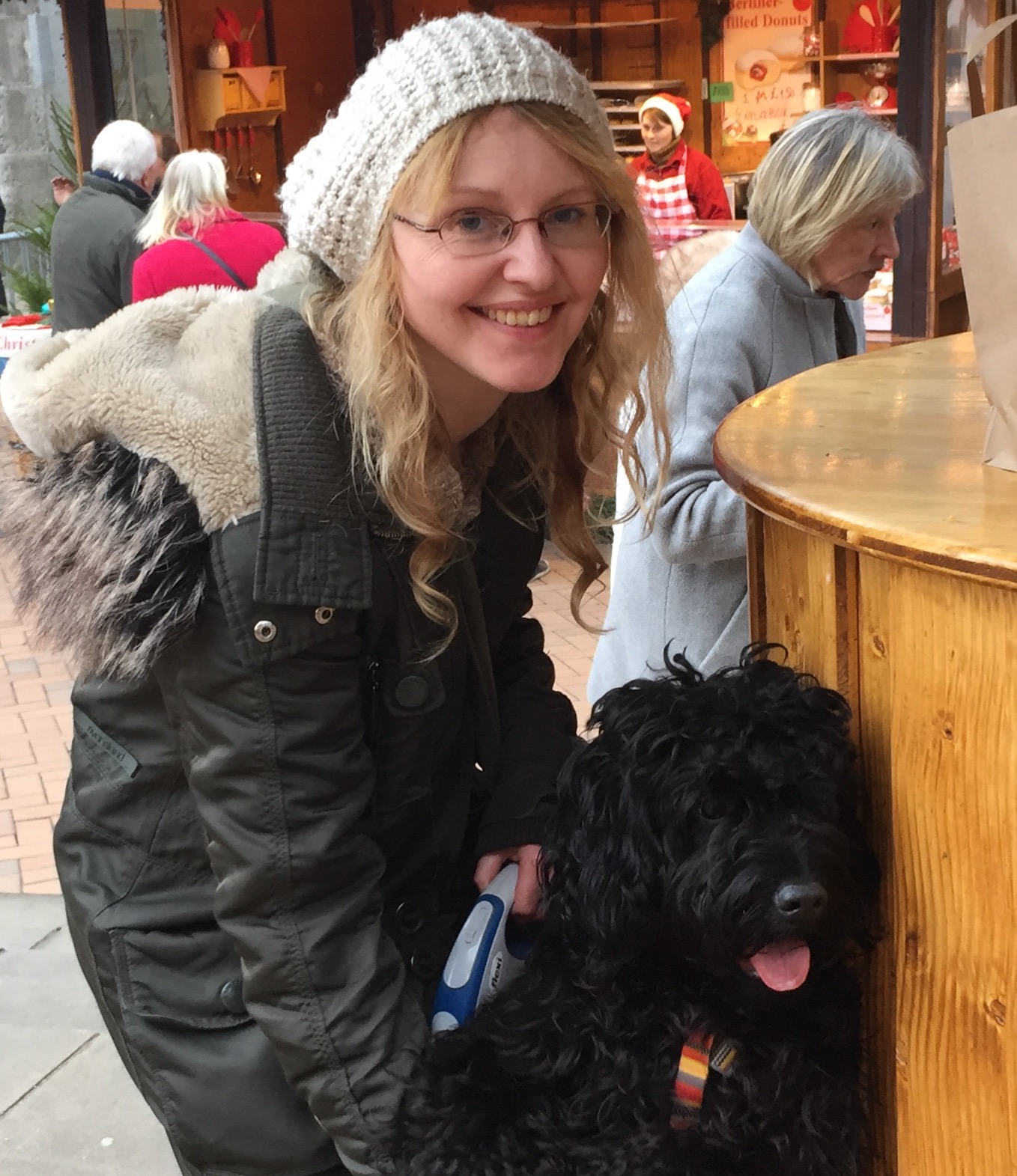
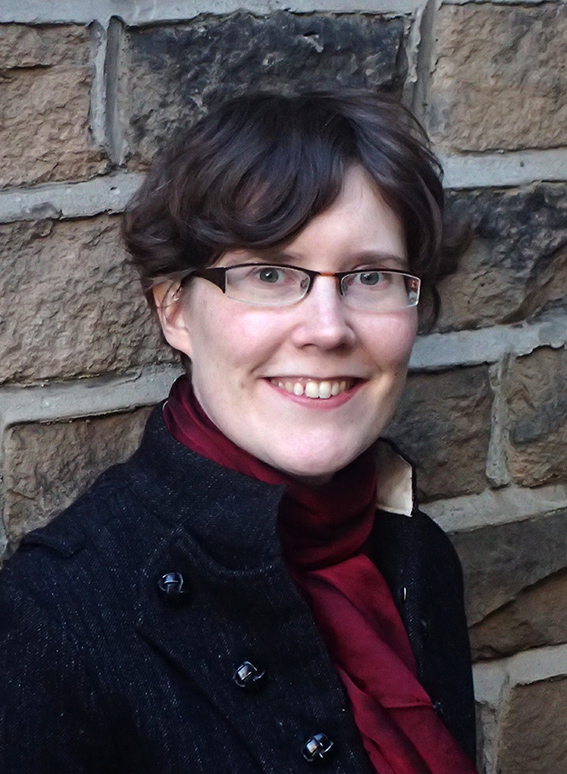
Dr Daisy Black- Senior Lecturer in English literature
'I specialise in medieval religious drama, with a particular interest gender, queer theory and race. I have written on the nails used to crucify Christ in the York Crucifixion pageant, domestic arguments between Mary and Joseph and why Herod was staged as such a camp, glittery villain.'
'I have been a drama geek since I was tiny, but really fell in love with the medieval world when I realised that the medieval style of humour – which includes gargoyles pulling faces in church, naughty fart jokes, and improbable tricks – was worryingly close to my own. I also work as a theatre director and storyteller, write short stories and plays, and make BBC radio broadcasts as an AHRC / BBC New Generation Thinker. At Wolverhampton I run all the drama modules, and particularly enjoy teaching English Literature students how to take a play from the page to a working theatre production. I also teach Fantastic Beasts: a module on medieval animals.'
Dr Aidan Byrne-Senior Lecturer and Course Leader in English Literature
Living deep in the countryside with five brothers and sisters meant that books were the only way I had to visit other people, other places and even other worlds: having exhausted the school library by the age of 8, I consumed books for adults from an unhealthily early age. Through books I fought several wars, acquired (and lost) several glamorous partners, explored interstellar space, met God, argued with Aristotle, staged a revolution, changed sex and ran the world. As I aged I started to realise that literature was the only way to understand how other people saw the world, and how complicated our cultural worlds really are.
This took me to university, where I learned Welsh, studied Philosophy and English, and eventually wrote a PhD on masculinity in Welsh literatures. Since then I’ve taught about the relationship between reading and identity, Shakespeare, science fiction, popular culture and much else. I’ve written about Doctor Who and Star Trek, video games, travel literature, Welsh literature and I’m currently writing a book about politician’s novels, while working on a project about our relationships with novels and reading.
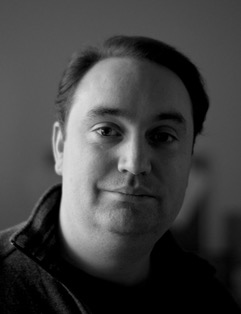
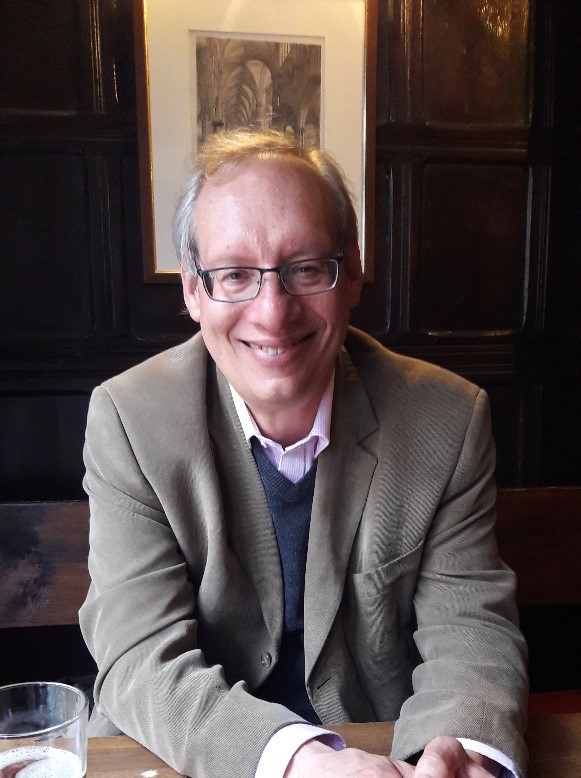
Dr Benjamin Colbert- Reader in English Literature
I started out wanting to write poetry as much as study it, took every creative writing class I could as an undergraduate in the US, and wrote an original book of poems called Proving the Almanac for my BA Honors thesis. After that, I went to Oxford to study what I thought were the origins of the best contemporary American poets in the British Romantics, discovered the stunningly crafted work of the poet Shelley, and never looked back.
I’m a peripatetic, too, having lived, worked, and studied in the US, Greece, and the UK, so it seemed natural to move from Shelley into travel writing and the global contexts and cross-cultural reach of literature more generally. Many of these interests come together in my research website on British Women’s Travel Writing which contains biographies of well- and little-known writers whose individual stories of writing against adversity can be both moving and inspiring. At Wolverhampton, I teach poetry, Romanticism, and travel writing at all levels and coordinate the Masters programme in English Literature.
Dr Helen Davies- Programme Leader of English Literature
Dr Helen Davies joined the English Literature team at Wolverhampton as Senior Lecturer in English Literature in September 2020, having previously worked at Newman University (2016-2020), and Teesside University (2012-2016). She is a specialist in Neo-Victorian literature and culture, and disability studies, author of Gender and Ventriloquism in Victorian and Neo-Victorian Fiction: Passionate Puppets (2012, Palgrave Macmillan) and Neo-Victorian Freakery: The Cultural Afterlife of the Victorian Freak Show. She has appeared on various BBC programmes as an expert in Victorian popular culture, most recently Lucy Worsley's 'Victoria's Secrets' radio series (May 2019).
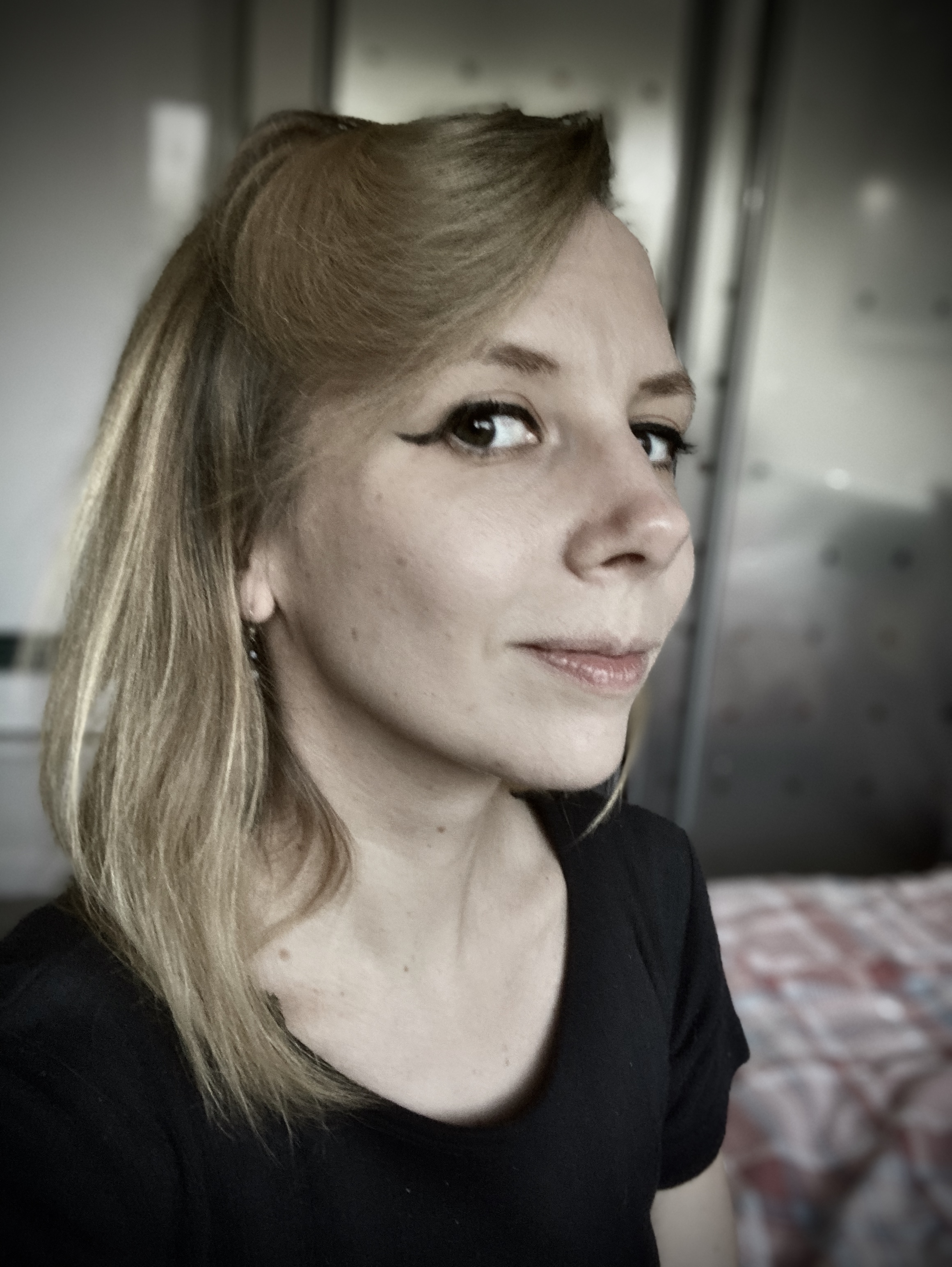
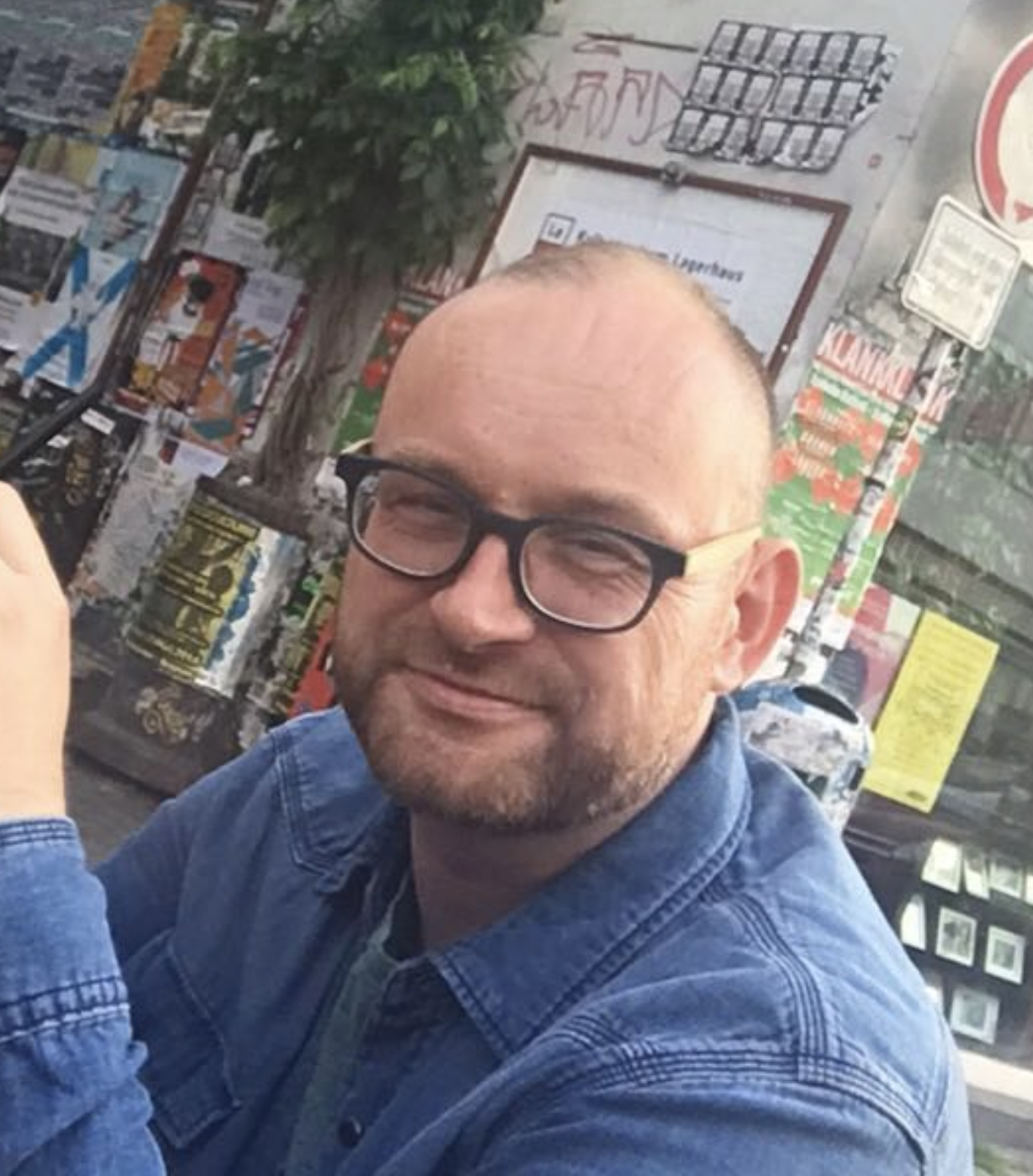
Prof Sebastian Groes
When I was a teenager in the Netherlands I saw Shakespeare’s The Tempest and was blown away. It was in Dutch, and I thought, ‘Well, if it is this good in translation, who good will it be in the original language?!’ And before I knew it I was studying English Literature in Norwich, and developed a life-long commitment to understanding why literature is so important for understanding human beings and the world. Now that we’re surrounded by digital technology I got really interested in understanding how memory and human behaviour are changing in the twenty-first century. Does Wikipedia make us smarter? Does GPS on our mobile phones make our brain lazy? I call people ‘prosthetic gods’ because we use own phones and other technology to become like a god. I am thinking through such questions on the module Literature in the Digital Age, where we study Instagram poetry by, for instance, Rupi Kaur, and TikTok poetry by Michaela Angemeer. I’m also promoting gender (and other forms of) equality with my project Novel Perceptions, where we try to understand prejudices people have but are not aware of. I wrote a couple stories about this for the BBC. If you want to study really engaging, original courses that speak to young people, come to Wolverhampton – we will surprise you!
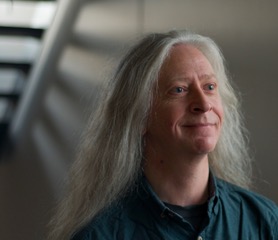
Mark Jones - lecturer in English Literature
My earliest memories turned out to be false. I was never, apparently, deprived of my supper and so forced to run off to rule the wild things. It was only two decades later, when my partner was in primary teacher training and enthusing about some of the great picture books, that I found the images from my childhood that had clearly, but also obscurely, formed me in some way. As it happens, I also have what I thought was a different memory of sitting on the floor of the children’s section in the local library (remember them), and holding the book – Maurice Sendak’s Where the Wild Things Are.
Words (and pictures) are significant. They get into our heads and mess around with them. Ultimately, that’s why I could never leave them be, either through total immersion or critical distance. After a degree in English Literature, for my MA dissertation I wrote on films, and I’ve been transitioning between the media ever since. In addition to my contribution to the English degree, I also run an MA in Popular Culture, one of the few in the country. My teaching includes issues around censorship and audiences, popular fiction and politics, true crime in various media, and cartoons. I’ve written articles on many obscure topics, including tribute bands, novelisations, the counter-culture, and cosmic horror. I won’t necessarily force you to study any of those things at Wolverhampton, but I can promise that there’ll be something even more interesting on your course.


/prod01/wlvacuk/media/departments/media-and-communications/images-18-19/220325-Engineers_teach_thumbail.jpg)
/prod01/wlvacuk/media/departments/media-and-communications/images-18-19/BBR_logo_large.jpg)
/prod01/wlvacuk/media/departments/media-and-communications/images-18-19/Wolves-Story-Thumb.jpg)
/prod01/wlvacuk/media/departments/media-and-communications/images-18-19/220505-BAS9-School-Showcase-Resized.jpg)
/prod01/wlvacuk/media/departments/business-solutions/images/banners/business-we-back-you-500x250.jpg)